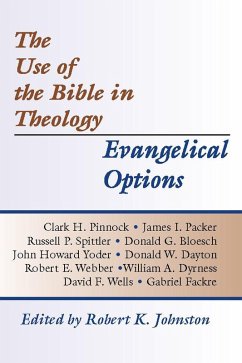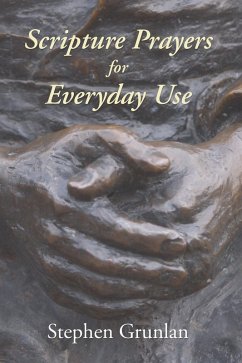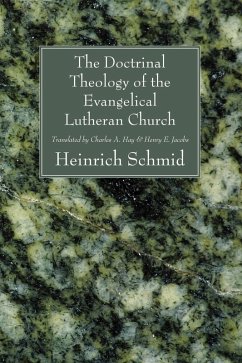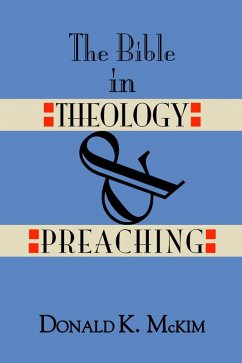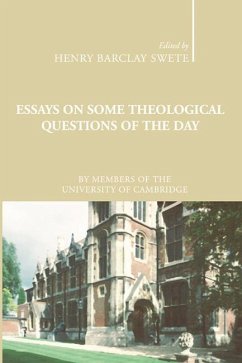A stimulating dialogue among evangelicals that clarifies how major evangelical theologians currently conceive the practice of theology with regard to the Bible. Contributors: -Robert K. Johnston, editor -Donald Bloesch -Donald Dayton -William A. Dyrness -Gabriel Fackre -James I. Packer -Clark H. Pinnock -Russell P. Spittler -Robert Webber -David F. Wells -John Yoder A summary of the positions: I. Johnston (Free Church): Introduction: Unity and Diversity in Evangelical Theology - introduces the theme, defines evangelicalism and evangelical theology II. Pinnock (Baptist): How I Use the Bible in Doing Theology - hermeneutical theology; only what is revelation (only Scripture) can be made a matter of theological truth III. Packer (Anglican): In Quest of Canonical Interpretation - texts must be understood in their human context IV. Spittler (Pentecostal): Scripture and the Theological Enterprise: View from a Big Canoe - exegetical theology V. Bloesch (Reformed): A Christological Hermeneutic: Crisis and Conflict in Hermeneutics - goes beyond the literal sense of the text to its larger significance VI. Yoder (Mennonite): The Use of the Bible in Theology - theology as an activity meant to correct and renew the church VII. Dayton (Wesleyan): The Use of Scripture in the Wesleyan Tradition - theology rooted in a recovery of Wesleyan truth VIII. Webber (Anglican): An Evangelical and Catholic Methodology - theology is an activity from out of the church's tradition; must study the church father's dogmatic development IX. Dyrness (Reformed): How Does the Bible Function in the Christian Life? - Scripture as a two-directional contextual hermeneutic X. Wells (Congregational): The Nature and Function of Theology - decoding/encoding; the significance of the 'sola scriptura' principle XI. Fackre (Congregational): The Use of Scripture in My Work in Systematics - full-orbed approach; world, church, Scripture, and the Gospel core all have their function
Dieser Download kann aus rechtlichen Gründen nur mit Rechnungsadresse in A, D ausgeliefert werden.

